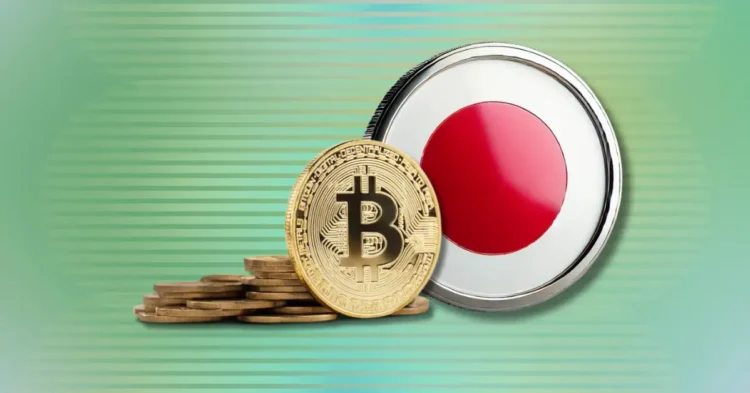The phenomenal surge in Bitcoin’s value, reaching a staggering $100,000 by year-end, has sent shockwaves through what was previously a stagnant market. This monumental growth has sparked global interest, with countries across the world considering how to harness this trillion-dollar industry to bolster their economies.
Japan’s Cautious Response
Despite the long-term bullish outlook of the Bitcoin market, Japan has adopted a cautious stance regarding Bitcoin as part of its national reserves. This approach follows a proposal from Senator Hamada Satoshi, who suggested Japan should emulate countries like the U.S. that are reportedly considering strategic Bitcoin reserves. Senator Hamada argues that Bitcoin could fortify Japan’s economy and provide a buffer against potential financial instability.
The Japanese government, however, has clarified that it lacks comprehensive insights into similar initiatives in other countries. They noted that discussions about Bitcoin reserves are still nascent, emphasizing that Japan’s legal framework for foreign exchange reserves prioritizes safety and stability—traits not typically associated with the volatile nature of Bitcoin. Simply put, Japan currently does not perceive Bitcoin as a suitable fit for its existing system, which is focused on maintaining stable foreign currency reserves.
Global Interest in Bitcoin Reserves
Japan’s cautious approach is mirrored by deliberations in other regions about Bitcoin’s role in national financial strategies. In the United States, Federal Reserve Chairman Jerome Powell has asserted that the Federal Reserve cannot hold Bitcoin. Nonetheless, there is a growing momentum among political figures, including President-elect Donald Trump and Republican lawmakers, advocating for a strategic Bitcoin reserve.
In Europe, Member of the European Parliament (MEP) Sara Knafo has urged the EU to consider Bitcoin reserves, challenging the introduction of a digital euro. Knafo underscores Bitcoin’s decentralized nature as a bulwark against authoritarian overreach.
While Japan remains hesitant, other nations are gearing up to incorporate Bitcoin as a strategic reserve to foster innovation. The coming years may reveal whether Japan will align itself with this trend or maintain its conservative stance. As Trump aggressively positions the U.S. as a leader in Bitcoin, other countries may find it challenging to enter the arena at a later stage.
Risks and Rewards of Bitcoin Reserves
On the flip side, economic experts caution against the potential downsides of adopting a Bitcoin reserve. Despite Bitcoin’s historical upward trend, its inherent volatility could lead to significant downturns, potentially triggering liquidations and widespread economic disruption. Hence, a measured and cautious approach is essential when considering such high-risk assets.
Stay Updated with the Latest Crypto News!
Don’t miss out on breaking news, expert analysis, and real-time updates on the latest trends in Bitcoin, altcoins, DeFi, NFTs, and more. Stay informed and ahead in the dynamic world of cryptocurrency.
“`
This enriched content provides a comprehensive overview of the global interest in Bitcoin, focusing on Japan’s cautious approach and the broader implications for national economies. It incorporates strategic use of HTML headings for SEO optimization and expands on the original content to ensure depth and relevance.











